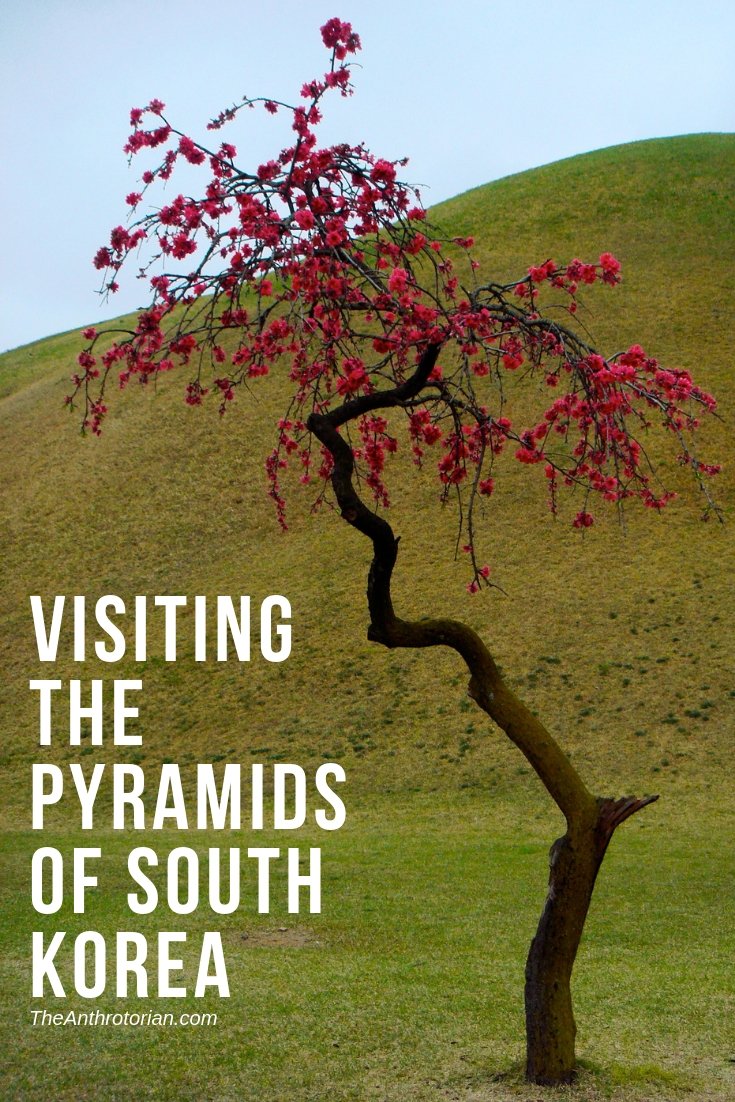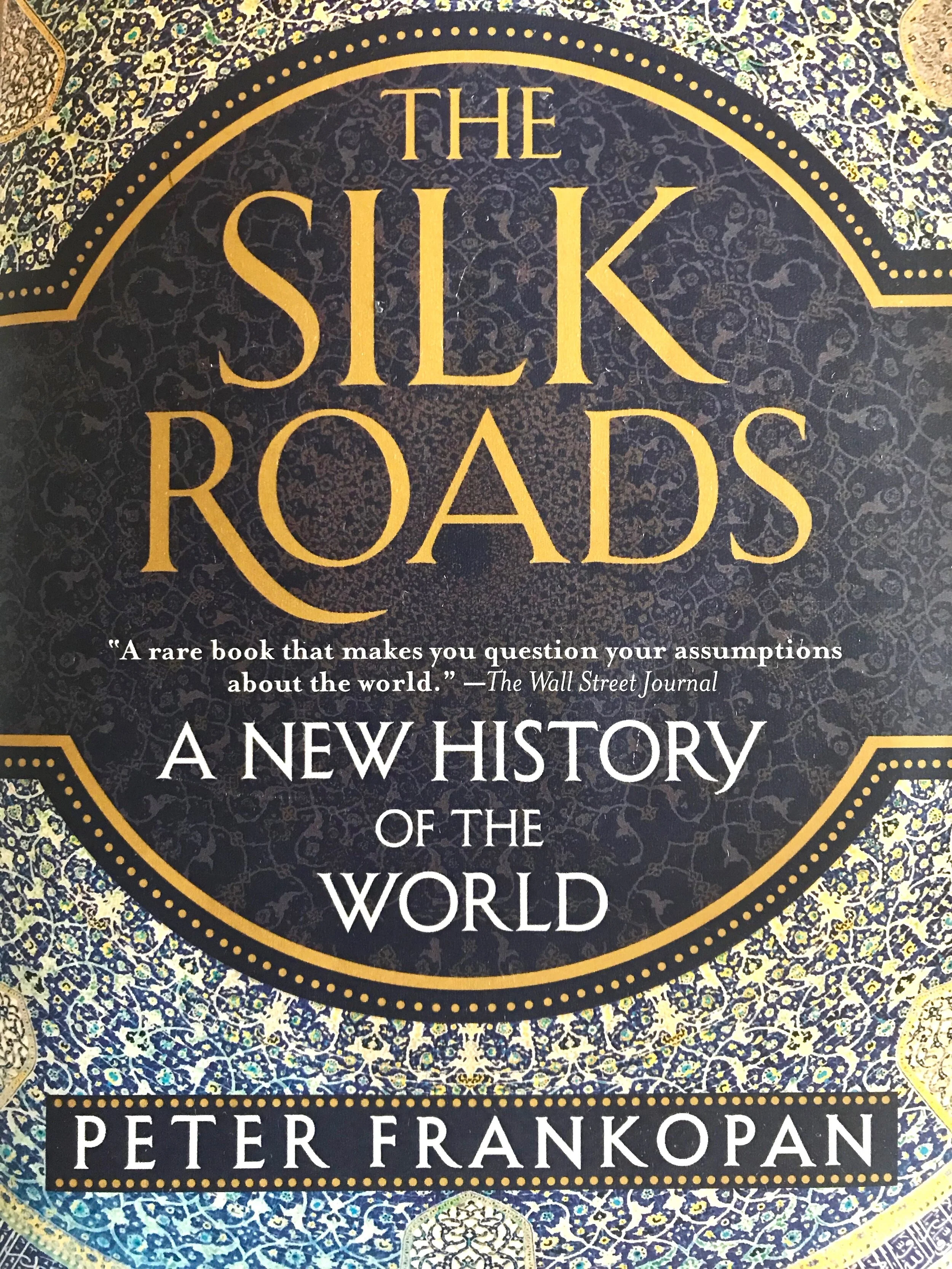Introduced by China's Communist Government in 1978 as a way to regulate its population and alleviate social, economic, and environmental problems, the one-child policy restricted urban couples to having only one child.
According to Wikipedia, Chinese authorities claimed that this policy prevented between 100 – 400 million births!
That's A LOT of babies!
As you can imagine, a policy that regulates something as personal as creating a family has been met with a lot of controversy. It has led to forced abortions of females (despite the fact that it is illegal to tell parents the sex of their baby, it happens all the time), female infanticide, and is the most likely cause behind one of the biggest social issues in the country — an increasingly skewed sex ratio.
Why are men more desirable?
Though it sounds old-fashioned to our western sensibilities, in China a son is an asset because he will support his family, while daughters are married off and so contribute to their husband's family. Basically, only a son is a return on their investment. Male relatives are also the only ones allowed to perform ancestor rites that will ensure their parents a comfortable rest in the afterlife.
Because of the forced lack of females, one in five men in China face eternal bachelorhood. To put this into perspective, by 2020 there will be enough lifelong bachelors to match the population of Texas.
The rise of Bachelor Villages
Bachelor Villages — or small rural areas where there are no unmarried women and the uneducated, unmarried men cannot leave their small farms to search for a wife — are sadly becoming the norm. A fact that is worrying, as history shows that countries with an excess of men have higher rates of violence.
Leftover Women in China
One would think that because single women are so rare that they would have their pick of men, and that ladies who are self-sufficient and highly educated should go like hot cakes. Instead, the Chinese media is full of stories about highly educated "Leftover Women" who — in a country that still maintains a sense of hierarchy — are too intimidating to men, and too old (keep in mind that 'old' in China is over the age of 23) to find a husband.
Sadly, on the other end of the social spectrum, women from poor families are being forced into marriages, kidnapped for prostitution and even sold by their families to human traffickers.
Why not marry someone from a different country?
A logical question, but one that would be met with disgust in China, a Communist country that is proud of their homogenous population who has no interest in ‘mixing’ with outside ethnicities or cultures.









